Budget 2018: Wages, mental health support and universal credit
- Published
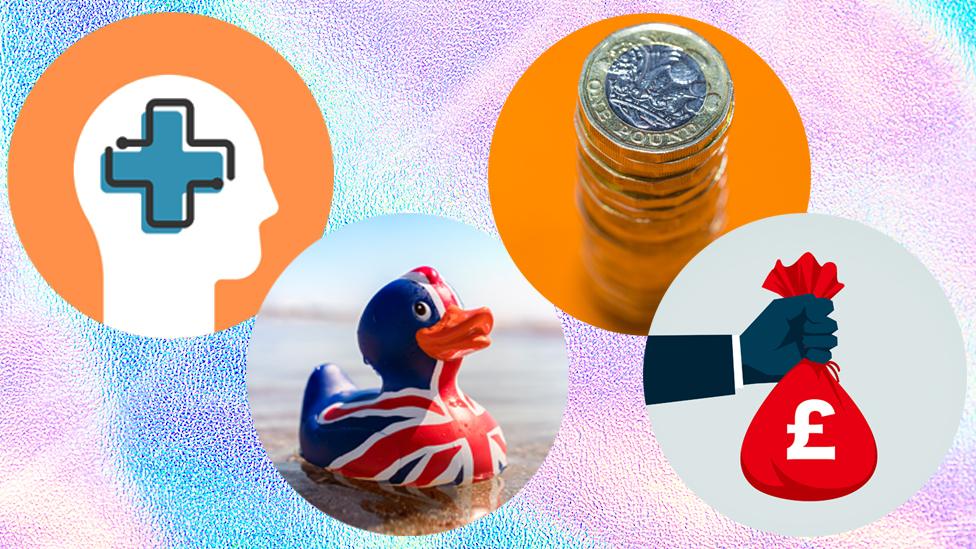
The day we've been waiting for all year has finally come around - the budget's been announced.
Ok - that might be a stretch but the government has outlined what it's going to do with its money for the next few years.
Chancellor of the Exchequer Philip Hammond stood in Parliament for more than an hour explaining all the changes he's making to the country's finances.
Here are some of the most important bits that may affect you.
Before we start - the B word (sorry)

Nope, we can't talk about anything right now without mentioning Brexit.
The Chancellor announced that he's keeping an extra £500m back in case Brexit goes badly.
That means he's got about £4.4bn stashed away to pay for any problems the UK has as a result of Brexit.
If the UK leaves the EU without a deal, we'll get an emergency budget before the scheduled leave day of 29 March.
The money in your pocket
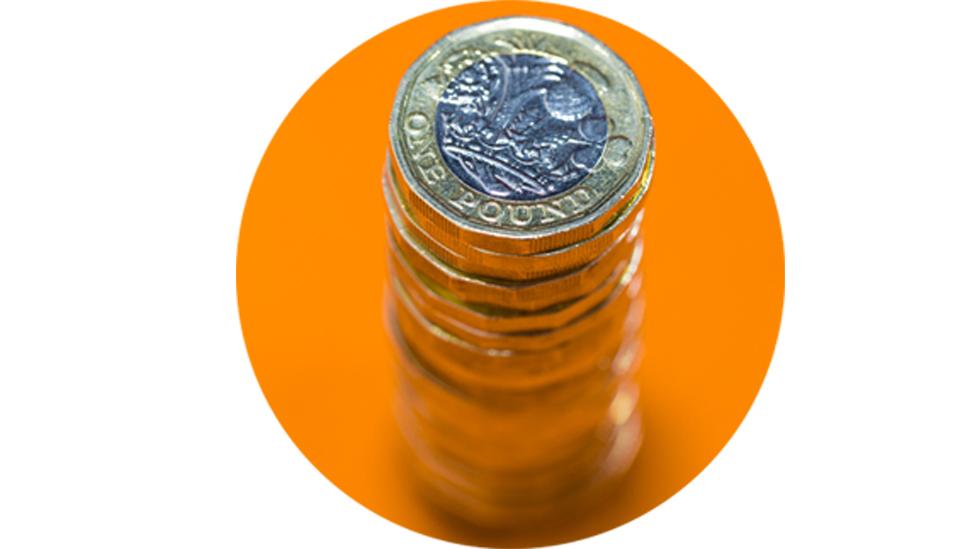
That's the last time we'll mention Brexit - promise.
First, here's how your pay will be affected.
The amount of your wage you get tax-free - known as the personal allowance - is going up from £11,850 to £12,500 a year from April 2019.
Philip Hammond says that will mean most people will get around an average of £130 more a year in their pay packets.
The national living wage (the minimum amount over-24s can earn) is also going up, from £7.83 to £8.21 an hour.
The national minimum wage (for 18 to 24-year-olds) will increase, although the Chancellor didn't announce by exactly how much.
Mental health spending
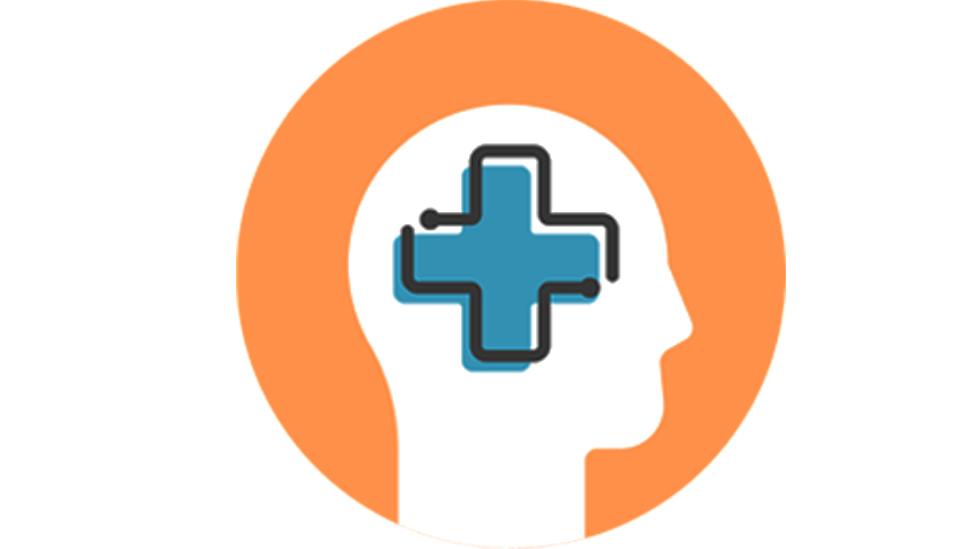
Earlier in the year, Prime Minister Theresa May announced an extra £20.5bn would go to the NHS in England over the next five years.
Now, Philip Hammond has explained where some of that money will go, including £2bn towards mental health spending.
He's announced a new 24-hour mental health hotline.
He's also spoken about more "mental health ambulances" - special vehicles used to treat people having a mental health episode.
Jeremy Corbyn says the chancellor's promise to spend more on mental health is not enough.
He says experts reckon the new money is "only half of what is needed".
Universal credit
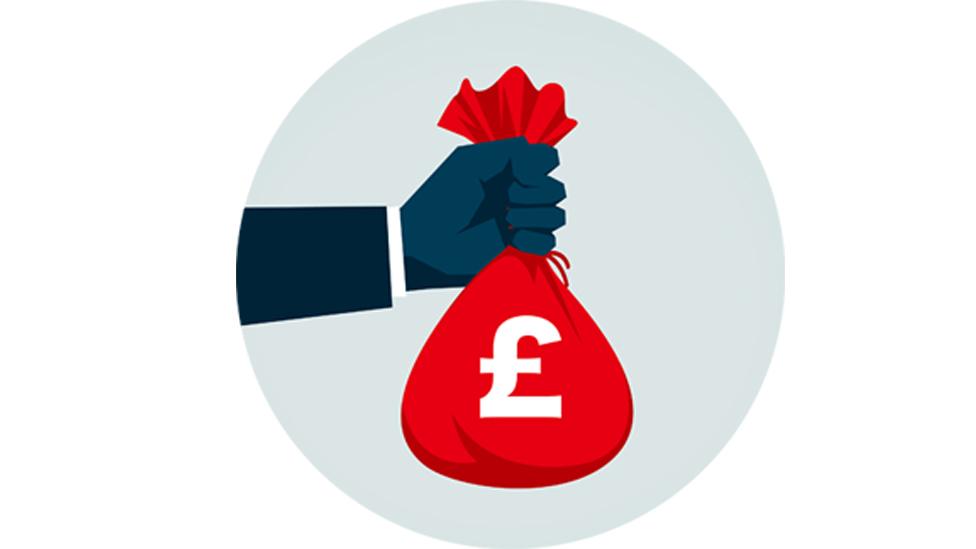
Universal credit is a system to merge six major benefits together, including unemployment and housing benefits.
But many people have had a difficult time going from benefits to universal credit.
Payments have been delayed, which have left some people out of pocket as they make the transitions.
To try to smooth this, Philip Hammond has announced an extra £1bn for the next five years.
Austerity is ending
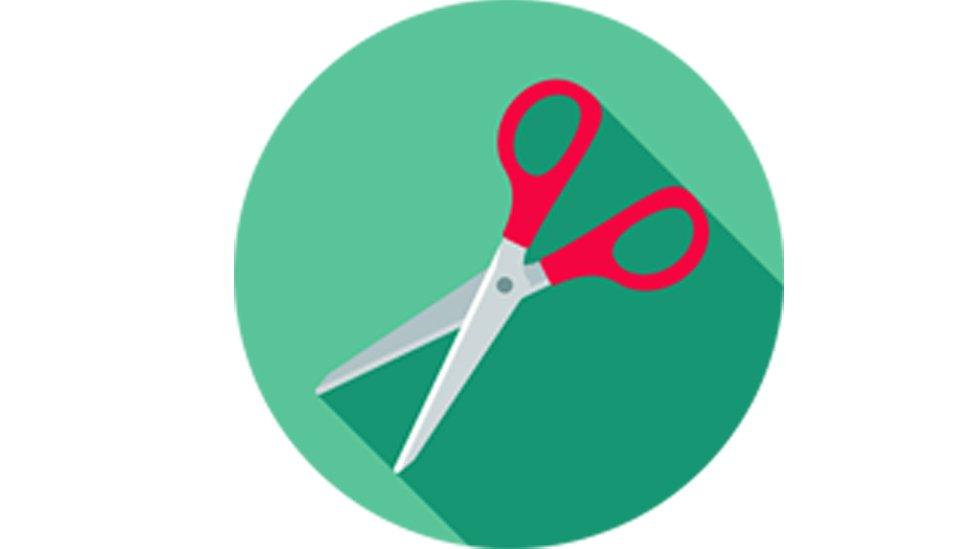
Austerity is the series of budget cuts and tax rises made by the government since 2010, which included cuts to departments like transport and local government.
The "era of austerity is finally coming to an end," said Philip Hammond in his budget speech.
He's announced that government spending will start going back up again.
But just saying it doesn't mean that austerity suddenly goes away.
Labour leader Jeremy Corbyn said in response: "Austerity is not over."
He added: "This budget won't undo the damage done by eight years of austerity."
Google tax
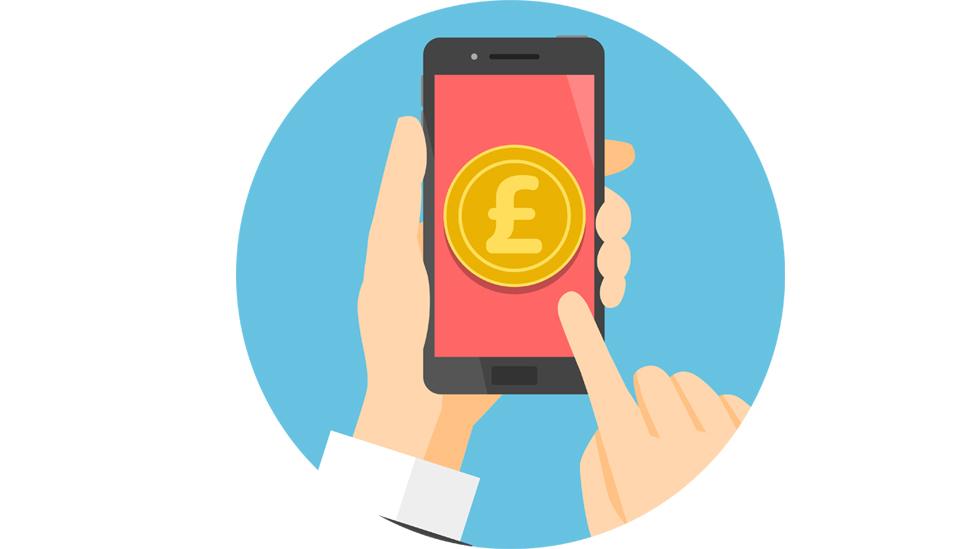
A new tax will be introduced on big tech companies, which would include firms like Google and Facebook.
The Chancellor says it will come into force in 2020, and will raise about £400m a year.
But it may never actually come into place, as a group of rich countries - including the UK - is also planning a similar tax.
So if that tax comes in, the UK's tax won't be used. Make sense?
Jeremy Corbyn says that tax is "too little, too late".
Follow Newsbeat on Instagram, external, Facebook, external and Twitter, external.
Listen to Newsbeat live at 12:45 and 17:45 every weekday on BBC Radio 1 and 1Xtra - if you miss us you can listen back here.
- Published29 October 2018
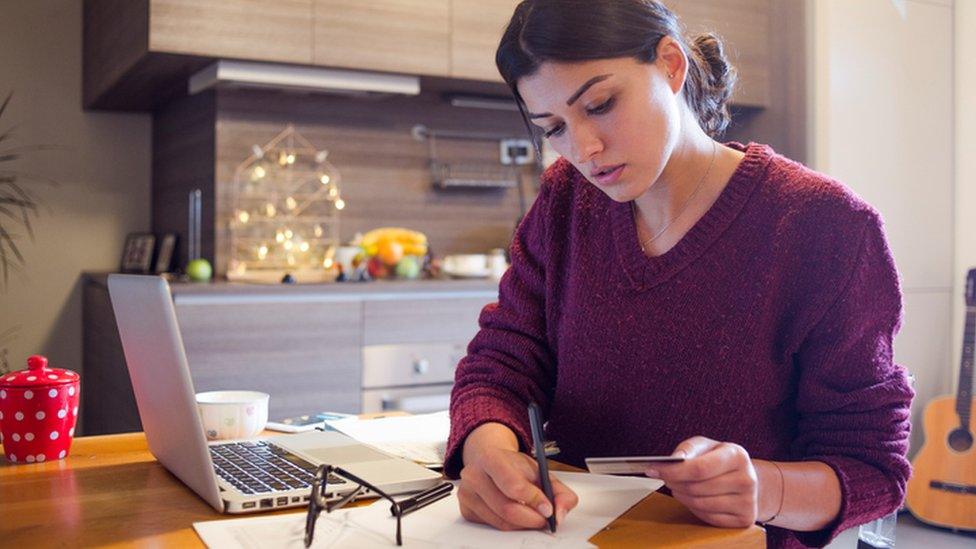
- Published29 October 2018
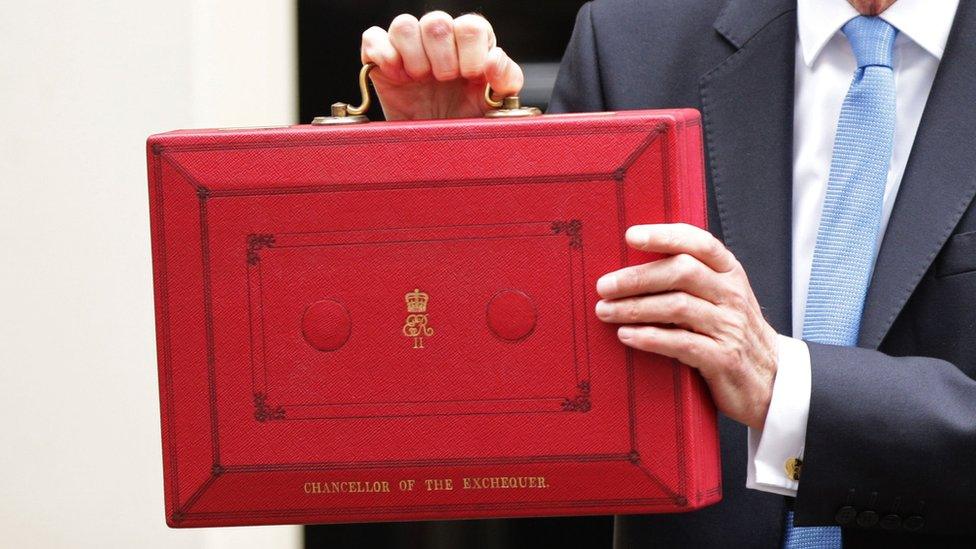
- Published29 October 2018